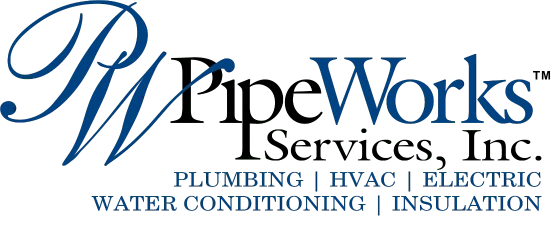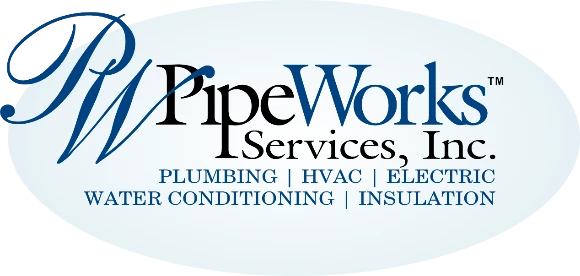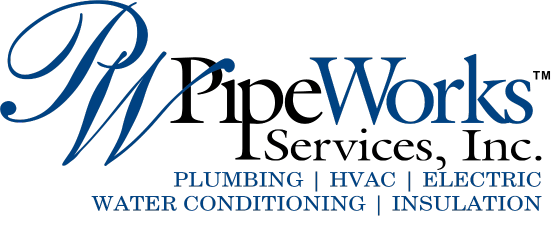Like many investments in your home, basement insulation is a solution that costs more up front but saves you money in the long run. There are multiple ways that basement insulation accomplishes this, although you can broadly characterize many of them as efficiency and longevity improvements. Basement insulation is also typically a very easy solution to implement, meaning it offers a good return on your investment for very little trouble.
Like any investment, you should understand the long- and short-term trade-offs. Here is a look at five ways that the trade-offs for installing basement insulation tend to save you money.
1. Improved Energy Efficiency
Unsurprisingly, basement insulation serves the same energy-saving role that other forms of insulation do. The big difference is that people tend to overlook their basements. If the attic is leaky, for example, you often feel a draft from upstairs that makes you think about insulation. Conversely, your heater can often overcome draftiness in the basement. In many cases, the heater draws cool air from the basement through its intake, heating it. The problem is that you’re paying to heat that air. You may not notice the issue in terms of how comfortable your living room is, but you’ll notice it on your heating bill.
Basement insulation is also highly effective because basements tend to suffer many of the rigors of an aging house. Over time, joints in the foundation can degrade, leading to airflow from the outside. With more air exchange, you end up spending money heating the air in the winter and cooling it in the summer. None of this is good from an efficiency standpoint, but basement insulation can quickly address the situation.
An insulated basement also prevents excessively cool or hot air from leaking into the rest of the house. Even well-sealed air vents will draw some basement air into the living areas of your house. Basement insulation reduces the amount of poorly conditioned air that finds its way into your home.
2. Reduced HVAC Cycling
One of the great hidden expenses of a poorly insulated basement is an increase in HVAC cycling. Every time the HVAC has to heat or cool the house, that cycle is eating into the longevity of the system. Fans wear out. Relays develop a bit of corrosion. Burners clog. All of these issues are barely measurable on a per-cycle basis. However, they add up over many thousands of cycles in a given decade.
Basement insulation keeps the area at a more stable temperature between cycles. It also keeps the house at a more stable temperature. By minimizing the number of HVAC cycles, you increase the odds that your system will meet or exceed its expected service lifetime in years. Even if the HVAC ends up going an extra year, that is money that you save by not replacing it.
Reduced cycling also tends to lead to reduced maintenance costs. Even something as simple as a filter is likely to be replaced more often when your HVAC is constantly cycling. Each cycle requires filtering more air, after all. You are going to put a lot of filters in your HVAC over its service lifetime, but keeping the number of cycles down reduces consumable costs.
3. Minimizing Moisture Ingress
Basement insulation serves as a barrier to prevent more than airflow. Water and humid air also come in through cracks, and a good layer of basement insulation will reduce how much gets into your house. Keeping moisture out of your basement and the rest of your home is always a win.
Foremost, moisture can cause structural and property damage. Even if there isn’t water pooling inside your basement, high humidity levels can encourage mold growth. Mold can get into wood and other materials, compromising their structural integrity. Moist air can also warp many types of wood materials, a particularly bad problem if your home has high-quality wooden floors. Basement insulation keeps moisture from wicking up through your home and destroying materials.
Likewise, the presence of mold is a notable indoor air quality issue. Even if your HVAC includes a high-quality air filter, cleaning that mold from the air comes at an extra cost. You will need to replace the filter more often. Also, people with medical issues can incur more costs from the extra irritation and more trips to the doctor to treat those issues.
Keeping moisture out reduces the need for dehumidification in your house, too. Whether you are using the air conditioner in that role or have a dedicated dehumidifier, the extra moisture makes running those systems harder. That leads to additional operating costs and more maintenance.
Minimizing moisture ingress also reduces corrosion in your house, especially in the basement. Corrosion shortens the life of every system in your house, but it’s especially insidious in destroying electrical panels and water tanks. Likewise, the storage value of your basement is reduced if you have to worry about corrosion destroying anything metal that’s in the basement.
4. Mitigating Pest Issues
Many of the airflow and moisture issues listed above track with pest control problems. Notably, many pests follow moisture and air into homes. To pick one of the worst examples in terms of homeowners’ mitigation costs, termites prefer moist wood. If the humidity level is high enough in your house, it will attract nearby termite colonies. Other pests like mice also sense where the air is flowing around a home’s foundation to find ways in. Basement insulation cuts off these airflow and moisture flows, giving pests less incentive to try to invade your house.
5. Preventing Pipe Damage
Our HVAC contracting firm serves folks in Northern and Central New Jersey, regions that get cold in the winter. It takes one bad cold snap during the winter to absolutely wreck a home’s plumbing system. A burst of arctic air in the region can permeate any house, but basement insulation reduces the odds that a deep freeze will destroy your home’s pipes.
The typical house in this part of the country has both water and sewer lines that run below the first floor and above the basement. Ask any of your neighbors who’ve had to deal with a burst water or sewer pipe in January what a nightmare that can be. The cost of basement insulation is easily worth it compared to the expenses and headaches associated with cleaning up after and repairing burst pipes.
Pipe Works Services is a business that has been around since 2000. We are proud to serve our neighbors throughout Northern and Central NJ. Our business is here for you whenever you require assistance with heating, air conditioning, plumbing and insulation needs. Likewise, we can help you address indoor air quality concerns. We are also happy to assist both residential and commercial customers. Please check the specials on our website. Similarly, there are often manufacturer and tax rebates for many projects. Financing is available on installations for qualified customers on approved credit, too.
If you’re thinking about the benefits of basement insulation, contact Pipe Works Services today to schedule an appointment.





